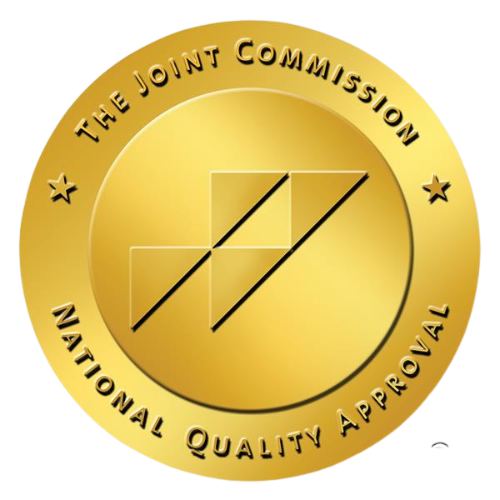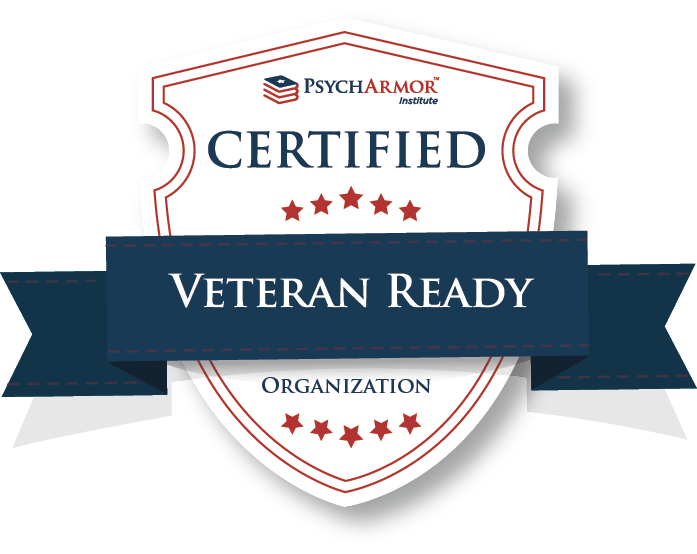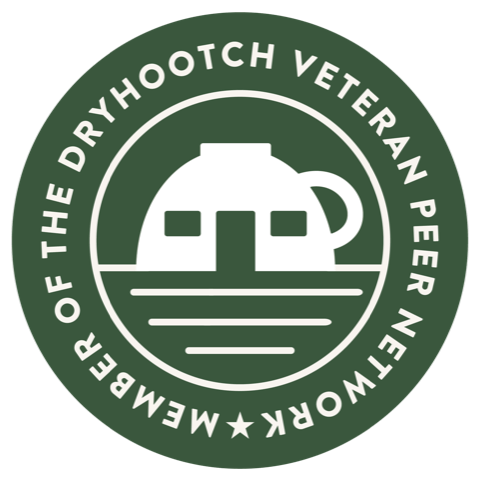One of the central tenets of Veterans Recovery Resources is Veteran peer support. As a “by Veteran, for Veteran” organization, our team has been there and understands what Veterans are experiencing.
United States service members who served in the wars in Afghanistan and Iraq faced long and often multiple deployments and a constant risk of injury and death. In addition to exposure to many traumatic events, service members experienced repeated disruption of connections with family members and friends. These disrupted connections, and changes to both the individual and home social environments during separation, lead to a difficult homecoming transition. With the formal end of the war in Iraq in late 2011 and a continued disassembling of the large U.S. military presence, Veterans are transitioning back to civilian life and it is critical to understand and support their homecoming transition.
A 2015 qualitative research study investigated these issues around three overarching themes.
Military as family explored how many veterans experienced the military environment as a “family” that took care of them and provided structure.
Normal is alien encompassed many veterans experiences of disconnection from people at home, lack of support from institutions, lack of structure, and loss of purpose upon return to civilian life.
Searching for a new normal included strategies and supports Veterans found to reconnect in the face of these challenges.
A Veteran who had successfully transitioned and provided support and advice as a peer navigator was frequently discussed as a key resource. A minority of respondents—those who were mistreated by the military system, women Veterans, and Veterans recovering from substance abuse problems—were less able to access peer support. Other reconnection strategies included becoming an ambassador to the military experience, and knowing transition challenges would ease with time.
Veterans who had help from a Veteran peer or a Veteran-specific support system to navigate the transition to civilian life had substantial advantages. For over half of the Veterans interviewed in the study, this was an important source of support. Veteran peers provided invaluable help with practical issues such as how to access Veteran benefits, and how to manage more general civilian tasks. As one Veteran explained, “What’s been helpful, really, is just friends [who] have gone out before me. They’ve been really helpful in telling me… what needs to be done after the military. They had nobody to really guide them, they had to find out the hard way.” A key feature was that these Veterans had successfully navigated the transition out of the military; peers who were themselves in the throes of transition challenges were not consistently perceived as helpful or supportive. Another Veteran found that an uncle who was also a Veteran was the only one who was able to continue to support him as he struggled with a drug addiction, “He would call, and he would always let me know that he’d be there, and whenever I was ready to come back to earth, he would be there. But my mom and everybody, they just didn’t–no one understood what I was going through.”
The full report can be accessed here.





Leave A Comment
You must be logged in to post a comment.